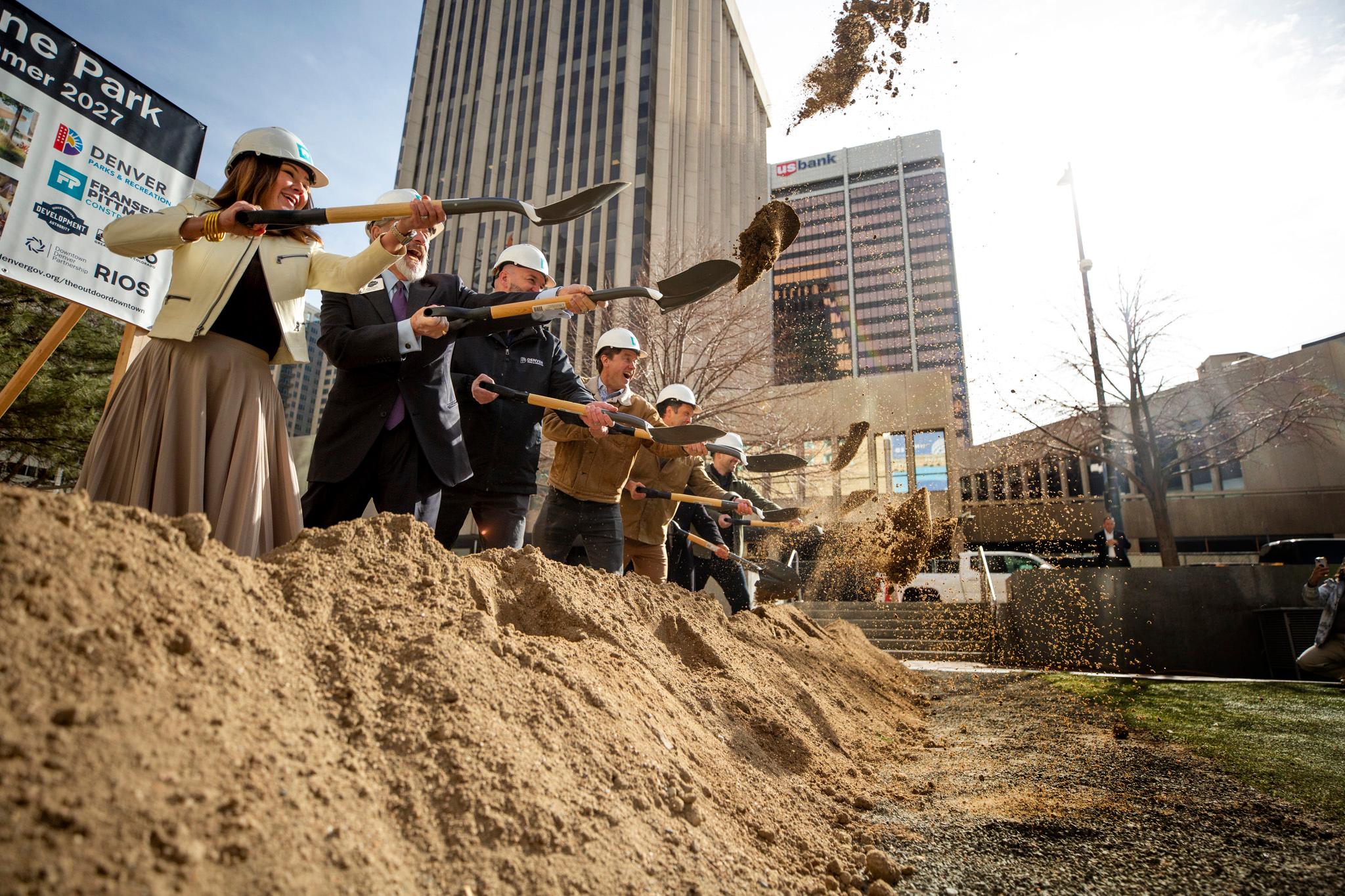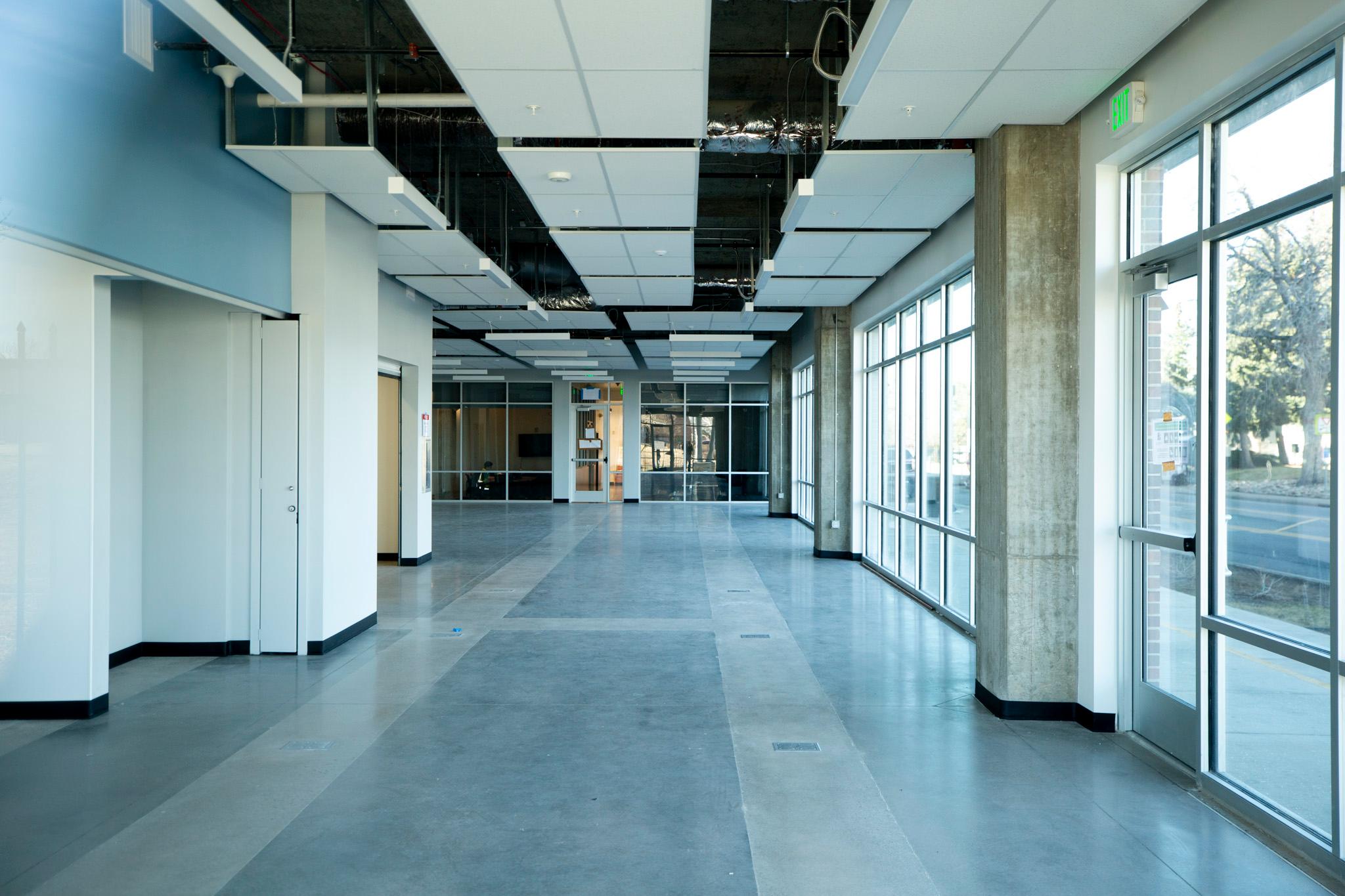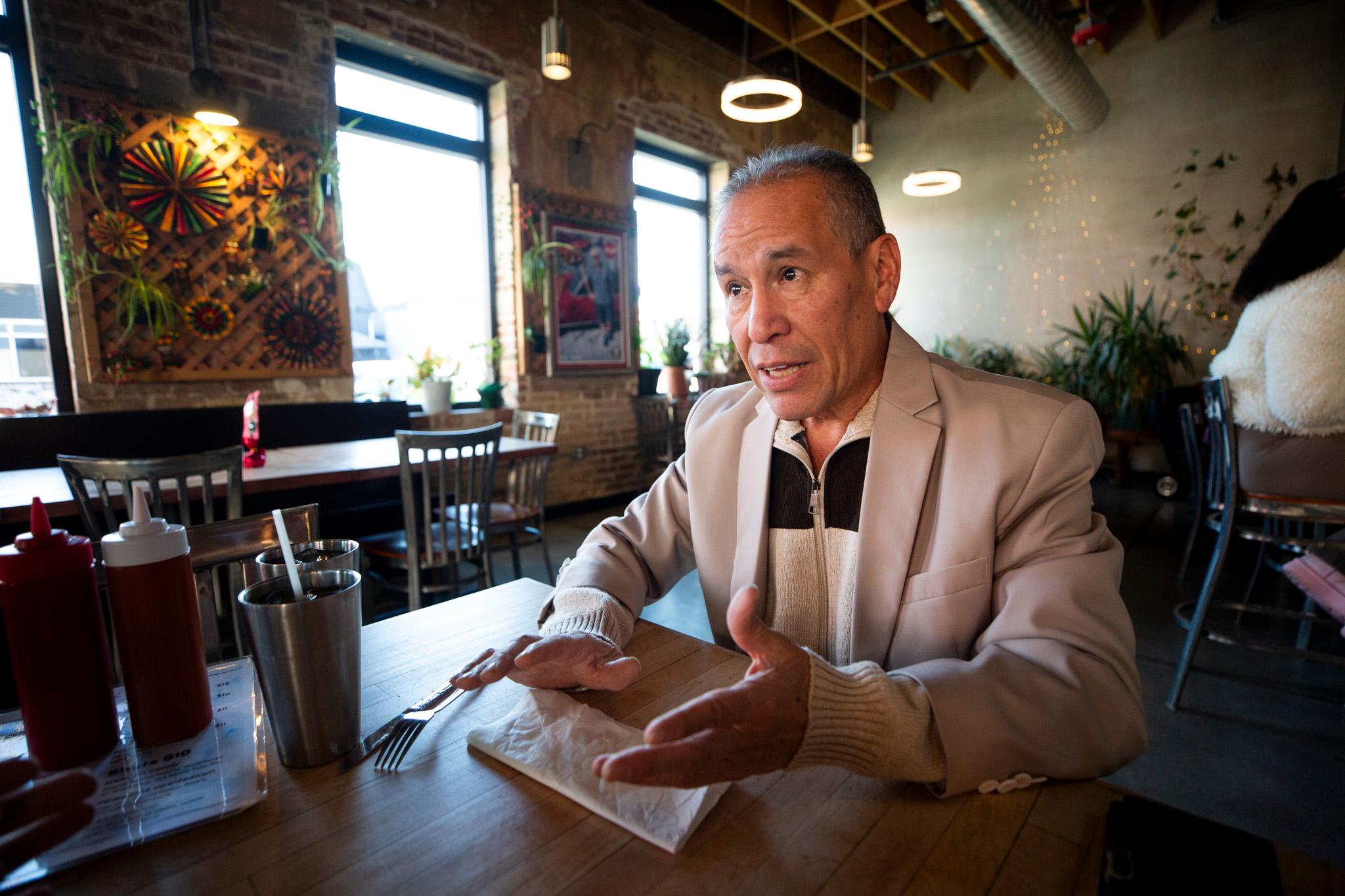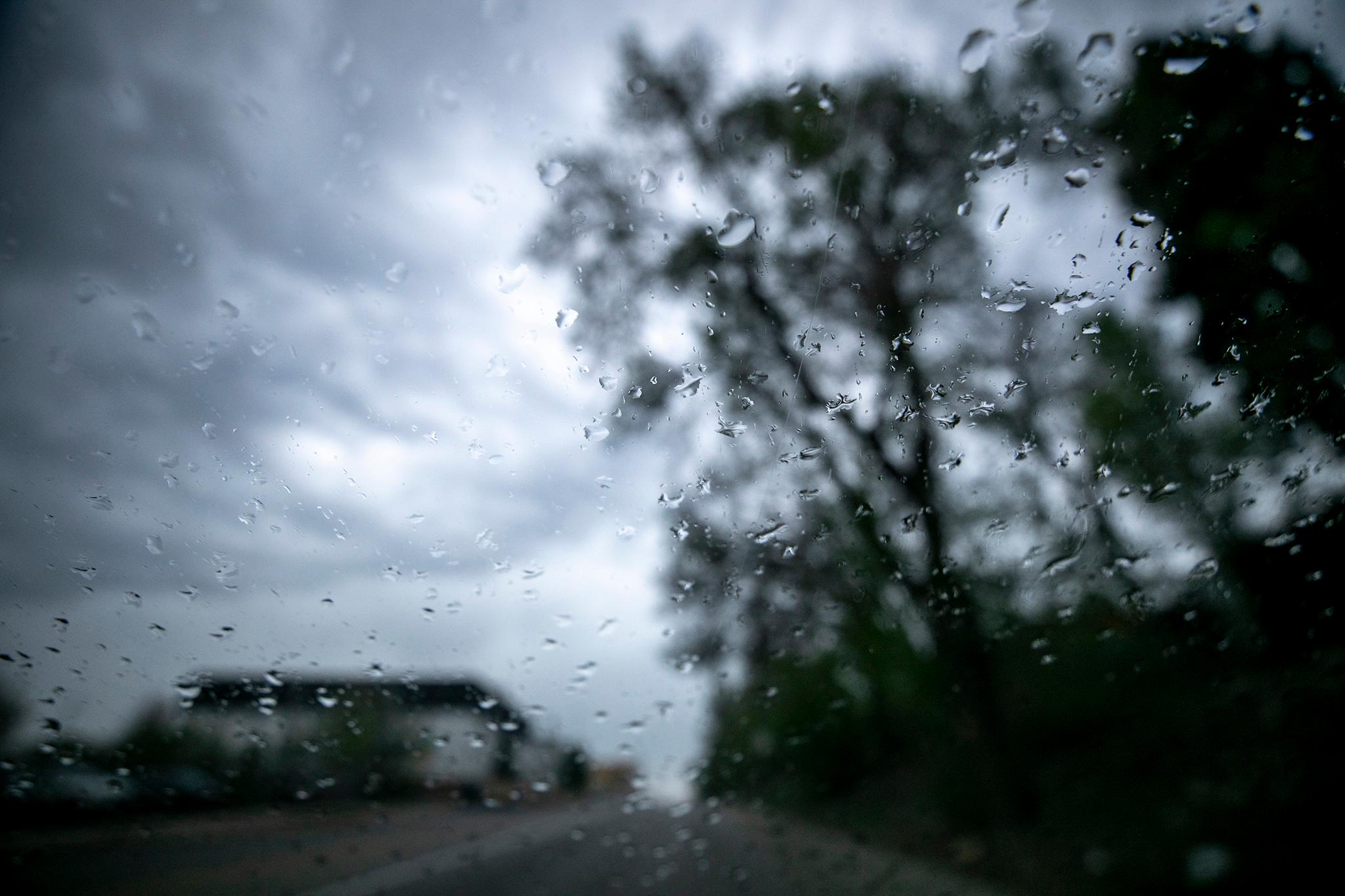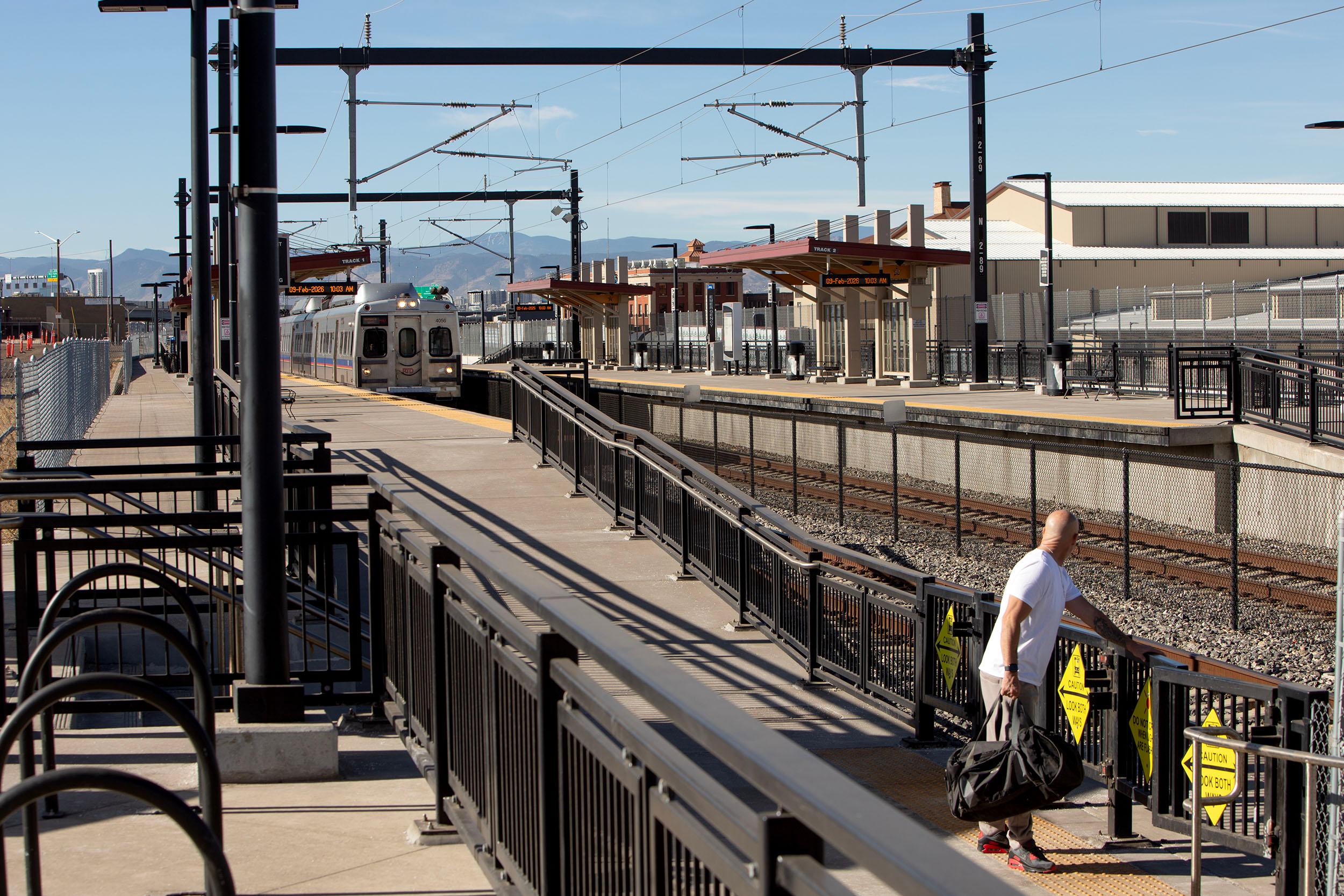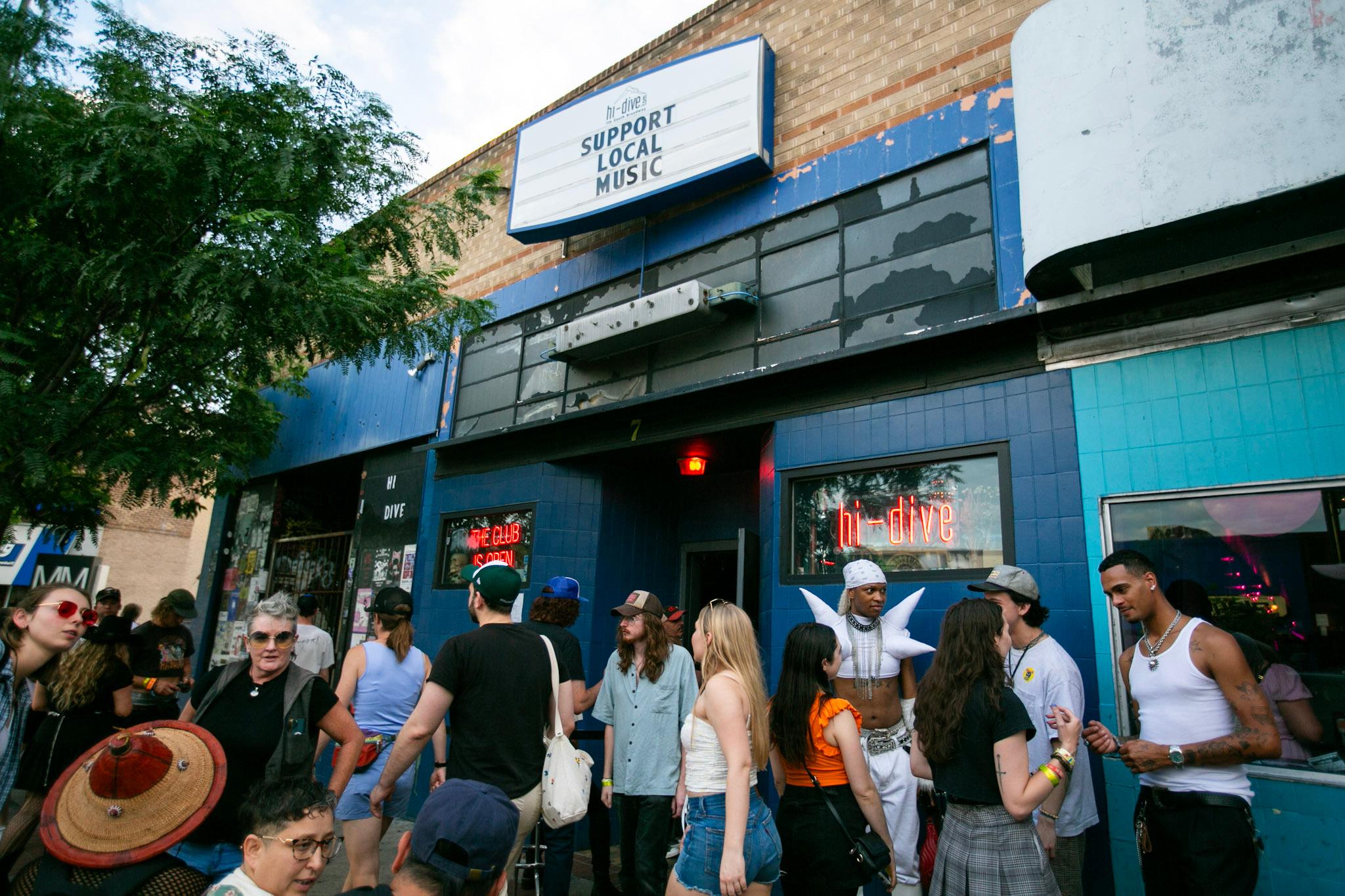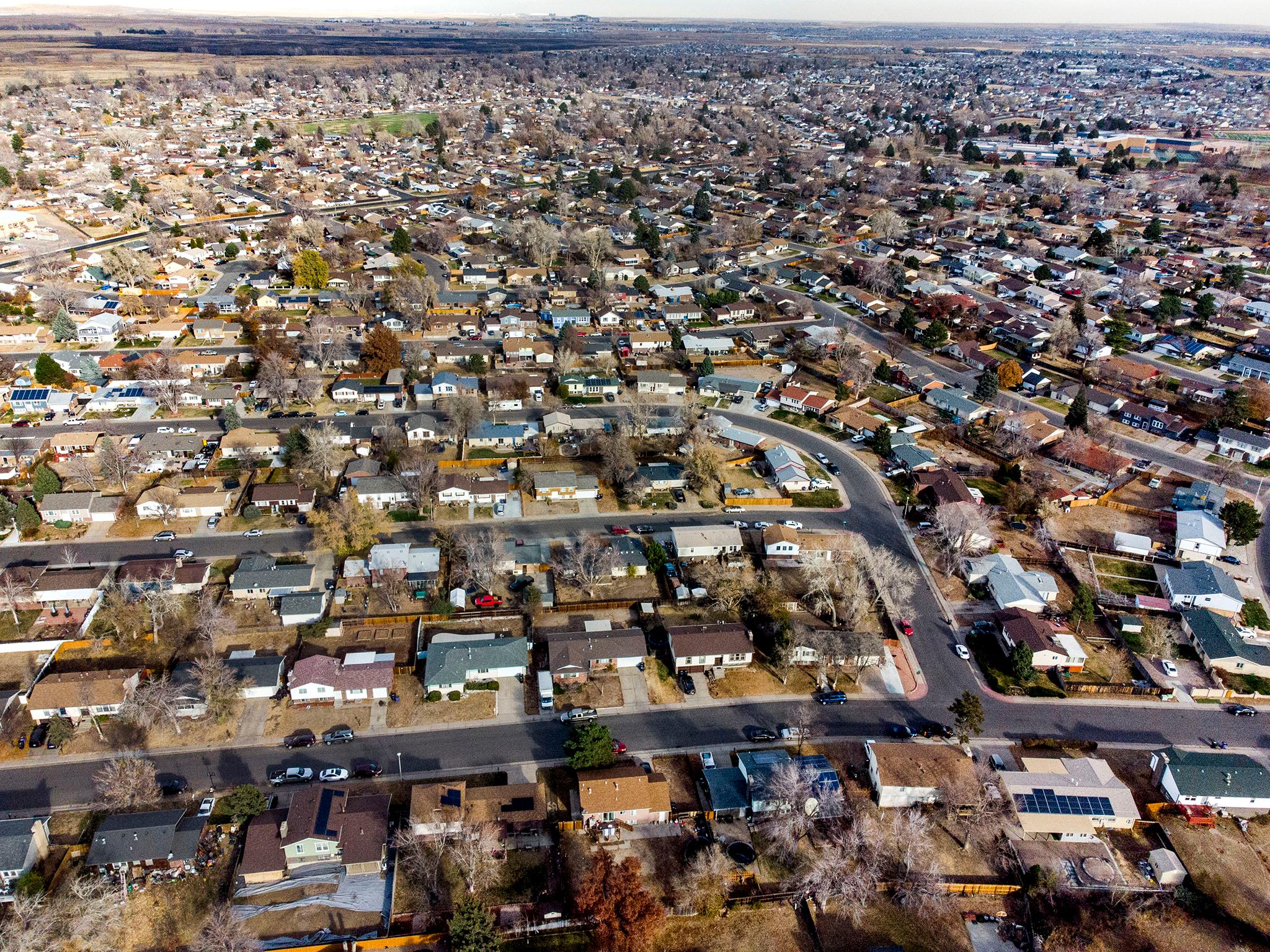Burrito? Gyro? Burger? Nope.
Over the weekend, food truck operators learned the police would be banning their food trucks from parking in parts of Lower Downtown from Friday through Sunday, 10 p.m. to 3 a.m.
The effort is one of several police experiments meant to curb late-night gun violence in the entertainment district.
In recent years, downtown Denver has suffered from a reputation as a violent place. Violent crime spiked for the city with the pandemic. Late nights have been marked by some of the worst violence — with both police officers and others opening fire. And while overall crime rates have been trending back down for downtown and elsewhere, businesses have been hurting.
"Protecting the public safety of residents and visitors is a critical priority for the administration," explained Jordan Fuja, a spokesperson for Mayor Mike Johnston. "This new policy is aimed at dispersing food trucks around the area to prevent large crowds and potential violence."
But why would food trucks be related to gun crimes? Here's how the police explain it.
Lately, officers have been roaming LoDo on weekend nights. They've learned that violence erupts when crowds are leaving nightclubs and bars, head to the food trucks for a bite, and then bump into each other.
"The restricted area of operation is intended to help reduce the number of 'bump into' fights and incidents that escalate to gun violence ... and to encourage people to leave the LoDo area soon after the bars and nightclubs shut down," explained a department spokesperson.
Some food truck owners, who rely on those late night crowds, are scrambling for another place to set up, KDVR reported. DPD says that it "recognizes" those concerns and has tried to minimize the affected area.
The police are launching a pilot program to create a few zones around LoDo where food trucks will definitely be allowed to congregate. The details are still being worked out.
The business booster group, the Downtown Denver Partnership, supports the policy as a violence prevention effort, stressing that it just covers a three-block area.
What, besides food truck bans, are the Denver police doing?
The city is also increasing officer staffing beyond the higher levels that already patrol LoDo on Friday and Saturday nights; improving lighting; and talking more often with the managers of bars and nightclubs in the area.
The agency also created rideshare pickup zones in July, instead of allowing people to hail rides from anywhere in the area. Putting those into action has shaved off more than 30 minutes from the time people typically stay in LoDo after leaving the bars and clubs, according to police.
The hope is that adding these safety measures will make downtown feel accessible and safe to more people.
Food trucks will still have a place downtown. And the move to block them from certain areas of LoDo is experimental.
"Food trucks are an integral part of Denver's food scene and culture," Fuja said. "We will work closely with the business owners to ensure that they continue to see success and can adapt to this pilot program."
Thoughts on the new policy, or the late-nite LoDo vibe? Let us know.
Editor's note: This article was updated Sept. 9, 2024, to remove a photo that wasn't fully relevant.

